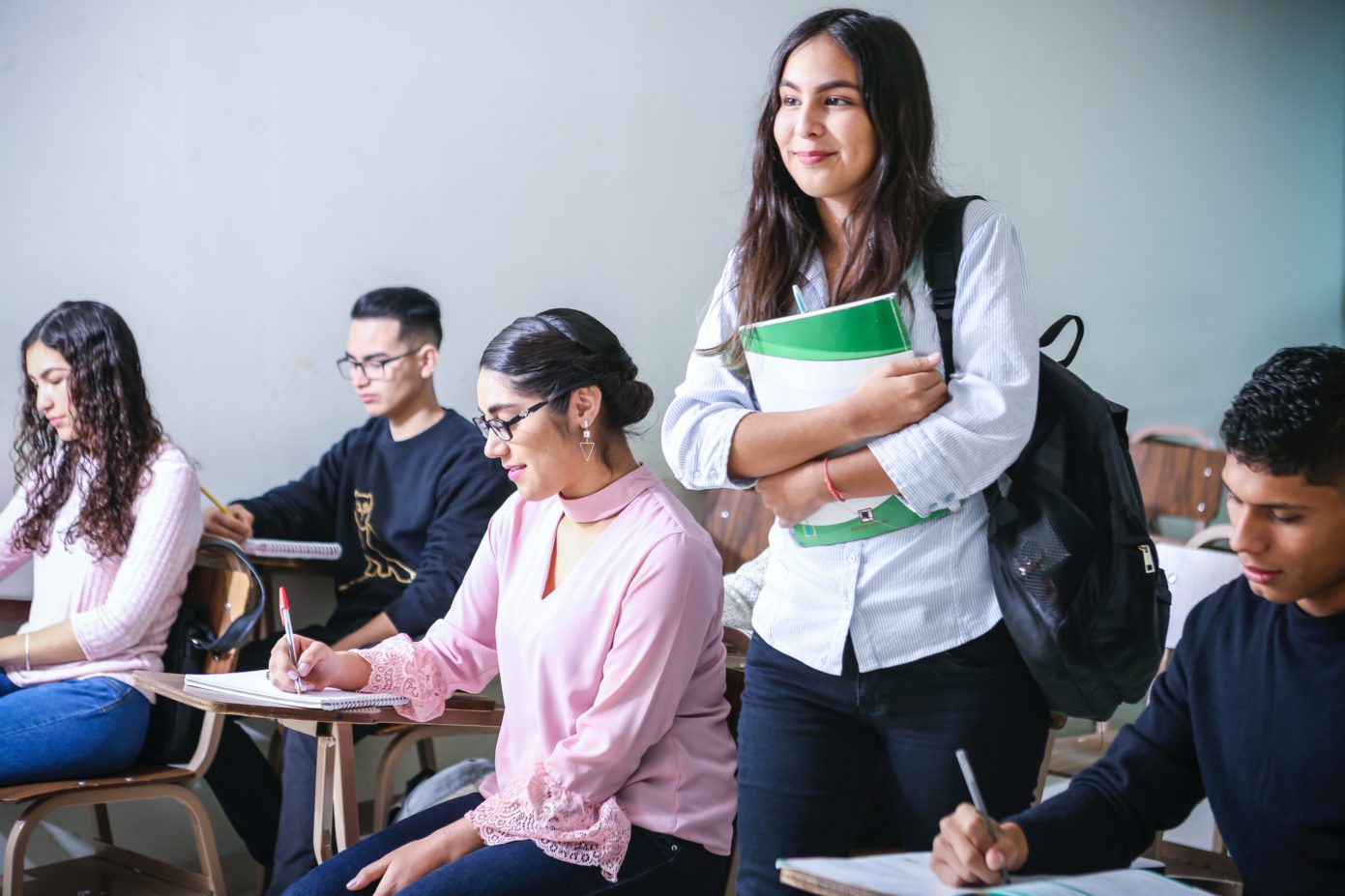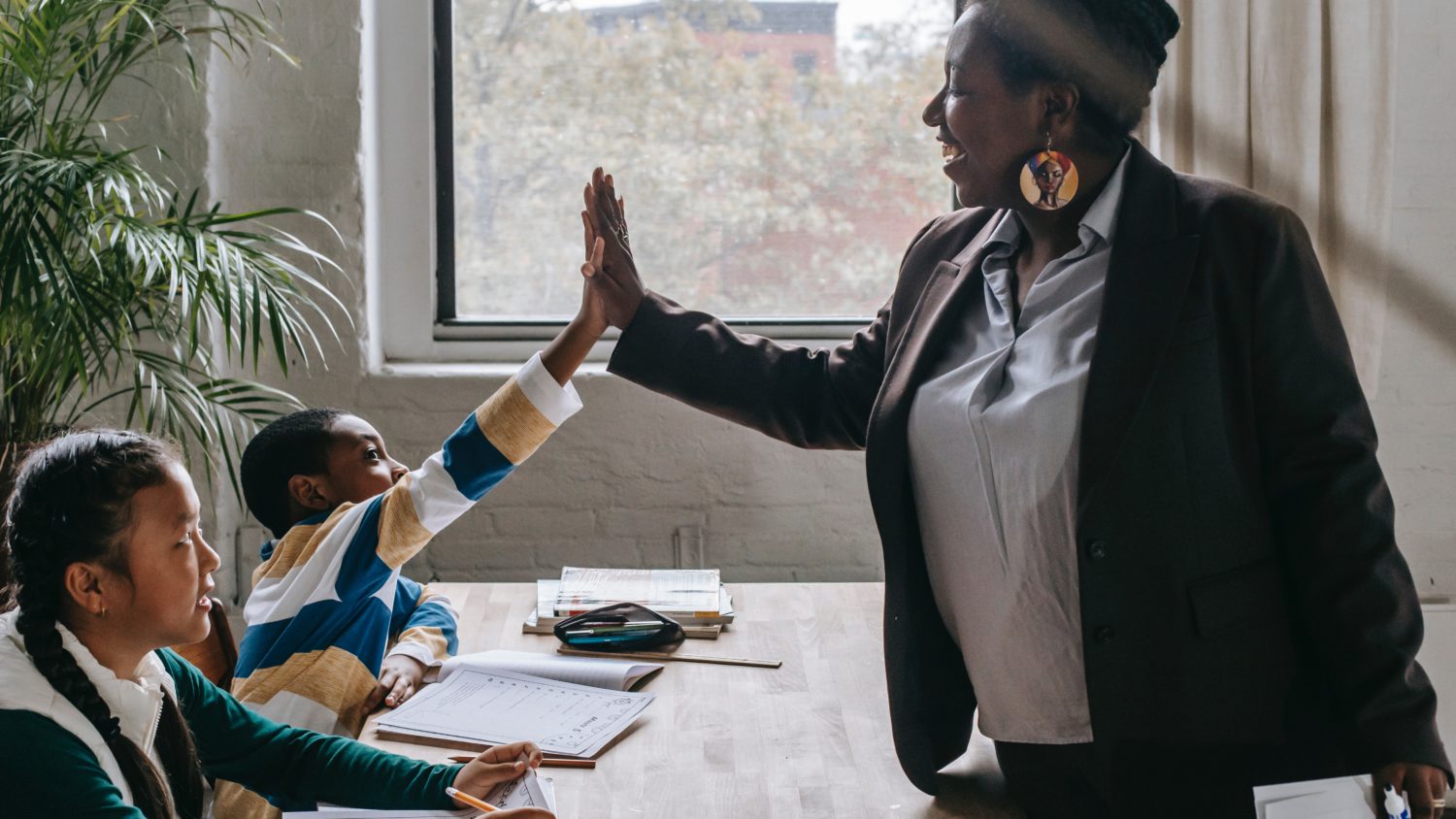We are often asked what makes the teachers in Finland so highly skilled and what are the secrets behind one of the world’s most competent teacher. The teachers in Finland are expected to have a certain set of skills which are anticipated from qualified teachers that help to manage work with pupils, establish the goals for learning, and collaborate with other teachers and professionals at school. In this blog we have defined our Teacher profile – the four characteristics that describe what qualities Finnish teachers hold in general. All these characteristics or competencies can be learnt and adapted.
As a part of our Polar School concept and establishment of a Finnish International school, we help our clients to select the most suitable teachers for the school. Together we design the Teacher’s profile for the school – define the characteristics we are looking for. Usually the best combination is select local, international and a few Finnish teachers to work at school. For example, in the recruitment process for the Finnish International School Georgia, we interviewed teachers from over 10 countries from which we recruited the most motivated and skilled team of teachers to work at the school. It’s not just about recruiting a competent person, it’s about recruiting a team who compliment each other. Sometimes even the previous education is not the main criteria, but the experience and right attitude to learn and develop.

What competencies we look for when recruiting teachers for Finnish International Schools?
High interest for lifelong learning, development-oriented mindset and self-reflectivity
Through our professional teacher training the teachers will be able to adopt the ideology within the Finnish National Curriculum and to implement research-based teaching methods and student-centred practices. From the teachers perspective this acquires ability to be interest in learning new skills and pedagogical approaches and abandon something old as well as to review own identity as a teacher in a self-reflective way. The teachers’ ability for critical thinking and self-reflection is crucial, as it is one of the emphasized competence in Finnish education. Even though the teachers are expected to further develop their work with new experiments and learning materials in long-term, they are not superheroes; the development takes place according to teachers’ own working capacity and personal interest.
Good collaboration and teamwork skills
In Finnish schools the teachers often work collaboratively in teams. Co-teaching or team teaching are commonly used methods and sometimes students from different classes can be taught together. Teachers also often plan the multidisciplinary weeks as a group. It is important to have the ability to share ideas and thoughts clearly and rationalize others opinions and perspectives. Communication with the parents is a regular part of the teachers profession and digital solutions and tools make spreading information more effective. The teachers work weekly with a multi-professional team together with school social workers and special education teachers to improve student well-being. Empathy and unhurried conversations with students are important, also in all other communication as well.
21st century skills education
What sets Finnish education aside from many other countries is that the education focuses on increasing students’ abilities and skills in different areas instead of focusing just on certain school subjects. The transversal competencies set the foundation for skills-development in a technology, globalization and environment driven world. Every teacher has the responsibility to focus in the skill development equally with the subject-related teaching for example Math teacher can teach about presidential elections and active participation to the future when calculating percentages or students can learn ICT-skills in discovering ancient routes in digital map service on a history lesson. Teachers use teaching methods and strategies which support learning the diverse life skills needed in managing daily life.
Student-centered approach in learning and strong pedagogical skills
In practice the ability to go on a student’s level and identify their emotions and feelings towards studying and learning is seen as a great strength. Being interested in the students and their lives, world and interests is valuable and has a direct impact on well-being and even on learning outcomes. Sometimes the lessons may not go as planned and in response it is important that the teacher has the flexibility to change plans rapidly. In phenomenon-based learning the student is challenged to explore solutions for their areas of interest while also having a voice in planning the assessment. In creating an environment for learning 21st century skills the teacher seeks ways to cultivate current local issues and to let the students analyze the phenomenon at their skill-level. By adopting many ways of teaching methods, tools and differentiation methods, it engages students in constructing knowledge.
